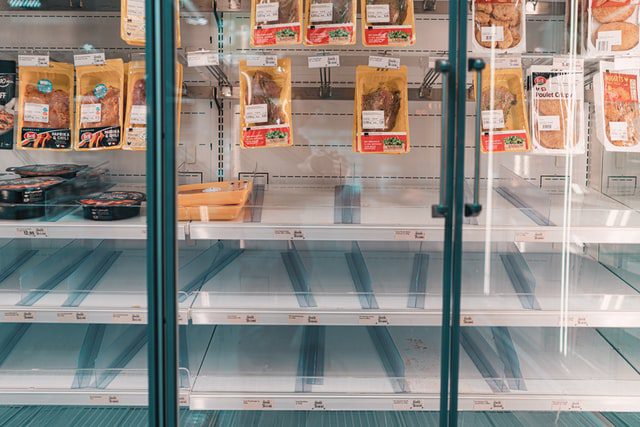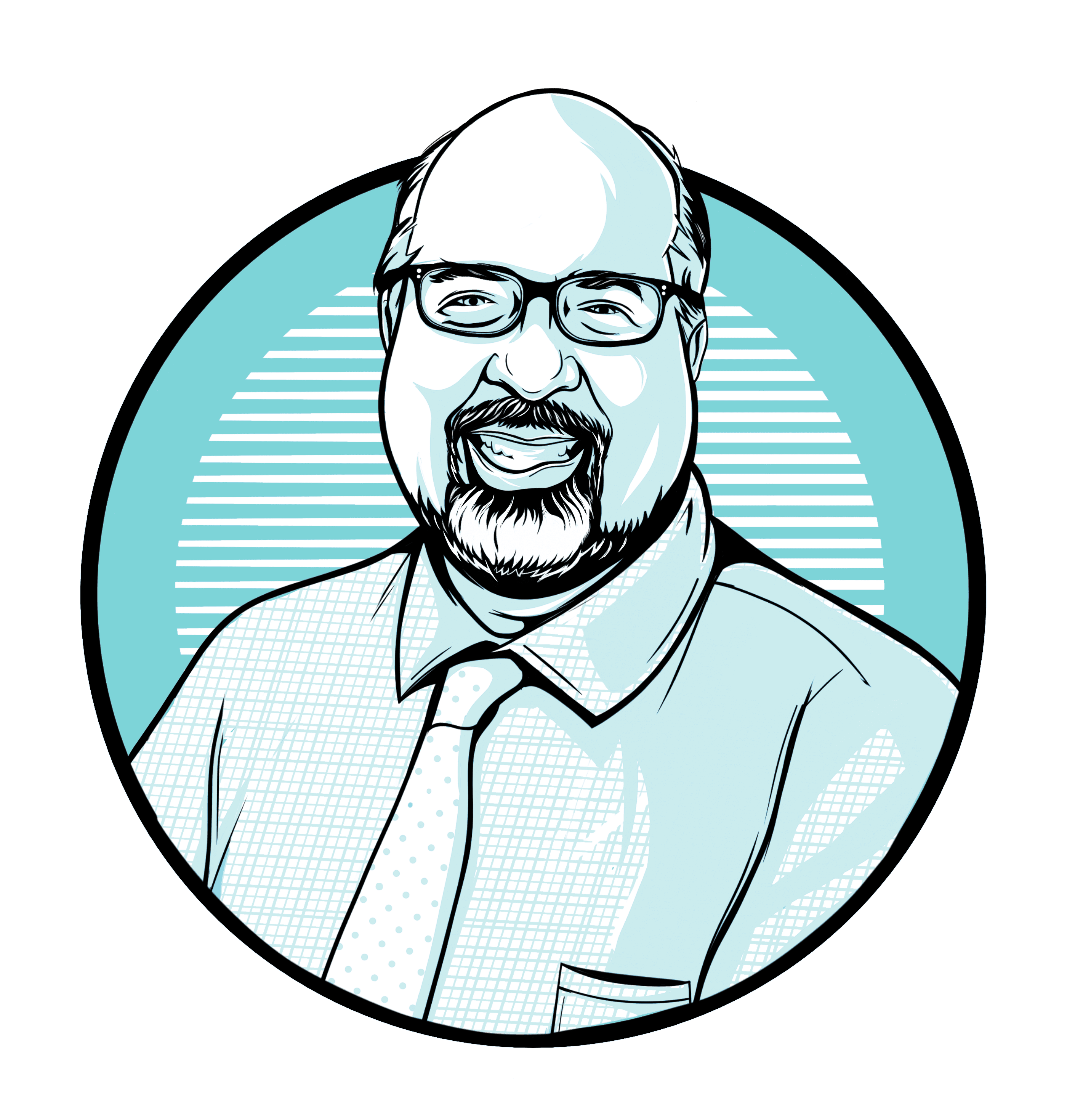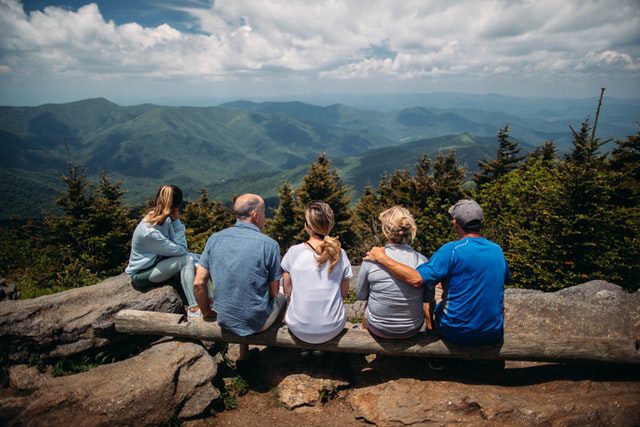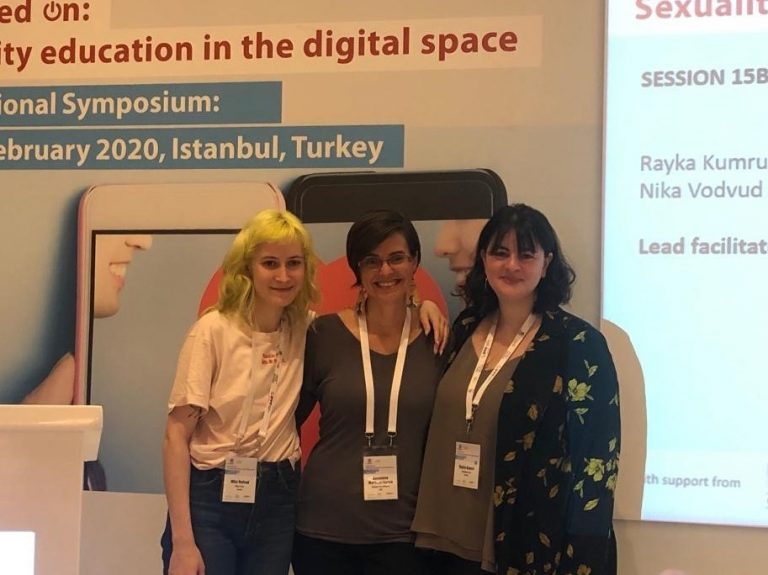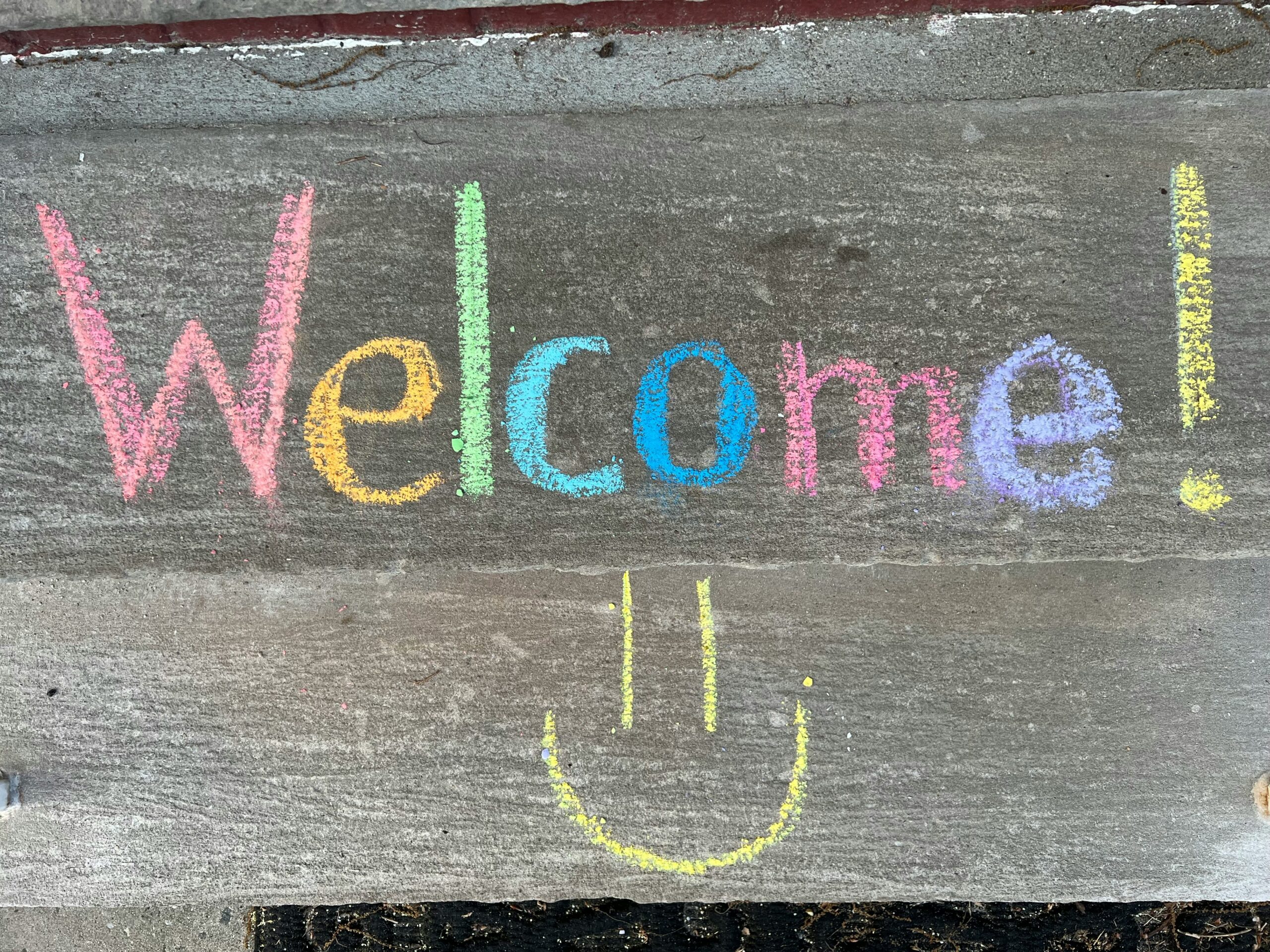Buying food at the store is a risk during a pandemic. Sexual activity can come with risks all the time. Instead of shying away, lets take the practical approach.
M y first days living during the declared coronavirus public health emergency were spent in terror—not wanting to leave my house or even open its doors. That frame of thought quickly led to a principal activity of daily living consideration—how was I going to go about eating.
Questions that bubbled up included
- Do I have enough food in the house to eat for a long period of time?
- How old is that slab of frozen meat tucked in the back of the freezer?
- Have any of my canned goods spoiled?
- Do I have in stock the types of food that are most healthy?
- What foods are around that I like the most?
- Do I want to set up a grocery delivery service?
- Do I even want to open the door to accept delivered groceries?
(My privilege as a middle-class, urban-dwelling American allowed me this range of considerations. For so many Americans and others around the world, food access is a daily concern.)
My rapid assessment led me to conclude that I would be okay for about three weeks, if I depended solely on dry goods and frozen foods already in stock. But, I like fresh things too… raw vegetables, eggs, milk, cheese (definitely cheese!). And my body benefits from fresh things, too. And because I don’t plant a garden, maintain a chicken coop, or live on a dairy farm, I’m grocery-store and farmer’s-market dependent. And, I like chocolate chips too. Those were not going to automatically appear as manna from heaven.
It looked like I was going to have to either leave my house eventually or let in food delivered by others if I was going to be able to continue to eat. I could avoid the risk of exposure to SARS-CoV-2 by the mere act of leaving my home or accepting a grocery delivery, and thereby coming into contact with other humans potentially shedding coronavirus, only so long.
Risk avoidance was simply NOT PRACTICAL!
Nope, the best I was going to be able to do was reduce my risk. I could educate myself about the modes of COVID-19 infection. And then I could follow the preventive measures recommended by public health professionals—maintain a social/physical distance, wear a mask when proximate to others, cough or sneeze into a tissue or my interior elbow, wash hands frequently with soap and water for at least 20 seconds, avoid touching my hands to my face, and quarantine if experiencing disease symptoms or if tested positive for the virus.
The practical approach to sexual activity…includes acknowledging the risks associated with sexual activity, teaching learners and participants how to manage those risks, and imparting how one can continue living naturally and with joy amidst the risky situation.
I am a public policy professional with an organization that advances the sexual and reproductive health and rights of youth. I am persistently a party to debates and decision-making as to whether education of children and youth about sex should promote abstinence from sexual activity (more recently framed by its proponents as sexual risk avoidance) as the sole approach to sex, or instead promote a comprehensive (let’s call it “practical”) approach.
For most adults with decision-making power over sex ed policy, they are time-distanced from their own sex education experience to not be up-to-date on the science of sex. Their sex ed experience, if they even received any, might not have been a very positive experience at that. It might have taught that all sexual activity other than penile-vaginal intercourse between male-female married spouses is shameful, sinful, and dangerous. Yeah, sure, under that belief system, sexual activity sure does seem like an erection killer. Undoubtedly policymakers holding those beliefs are poised to require abstinence-only education.
And then I had my “Aha” moment. How about I begin to communicate to policymakers the merits of sex education that is comprehensive (practical) in approach by encouraging them to reflect upon their current experiences navigating daily decisions about food and eating in the midst of a pandemic. Most policymakers and their family members will have gone through the same mental gymnastics I did about food acquisition. And they probably concluded, like I did, that they would not survive, through eating, without either having food come to them or going out and getting it first. And so next they would have either chosen to acquire their food unprotected or, better, reduce their risk and take preventive measures, all the time agreeing that that the end goal—eating—was good for them… vital to their survival in fact.
And so it is with sexual activity. Healthy Teen Network believes in sex positivity. That sexual activity is not only imperative to reproduction (i.e., species survival): sexual activity is natural; there’s nothing at all wrong about enjoying sexual activity; and everyone has the right to it. Sounds like eating, yes?
But like eating and every other activity of living, sexual activity has associated risks, too. Too little, and we can be malnourished. Too much can be indicative of an addiction. If forced upon us, it can be physically painful or cause emotional harm. And yes, sometimes, engaging in the activity can transmit diseases.
All the risks established, however, doesn’t mean that we should, or even can, avoid the activity altogether. A person’s gotta eat, right? And so, the practical approach to sexual activity, and teaching about it through sex ed, includes acknowledging the risks associated with sexual activity, teaching learners and participants how to manage those risks, and imparting how one can continue living naturally and with joy amidst the risky situation. All that sounds like good stuff to learn about any activity of living at any time.
Several of my friends report their cooking skills have improved in this time of coronavirus. That’s because they have not shut down acquiring food or eating to avoid the risk of COVID-19 infection. They have continued their risk-taking behaviors of going shopping for groceries (with preventive measures), letting new ingredients into their homes, and experimenting with new recipes. Many report savoring with pleasure the fruits of their learning and effort. That sounds like healthy eating—and healthy sex—to me. Let’s teach it that way!

